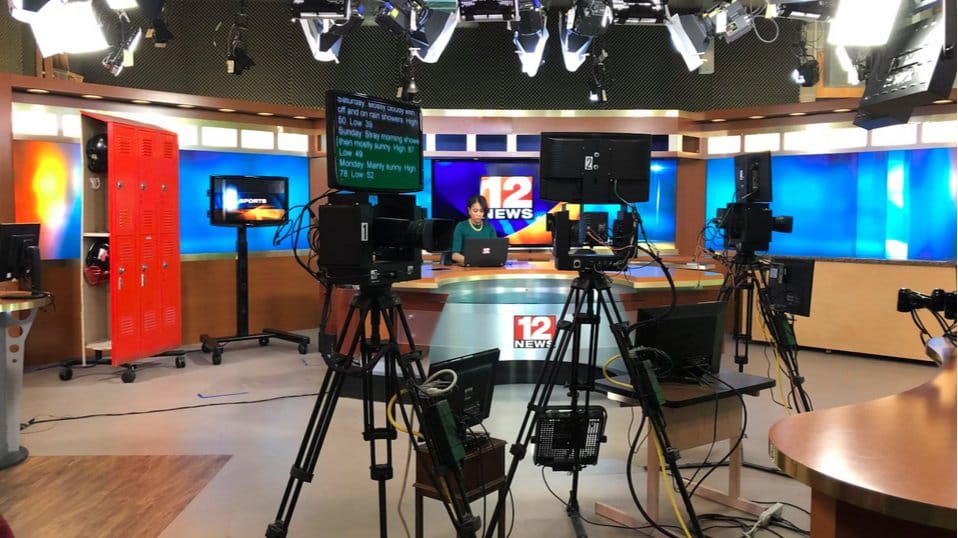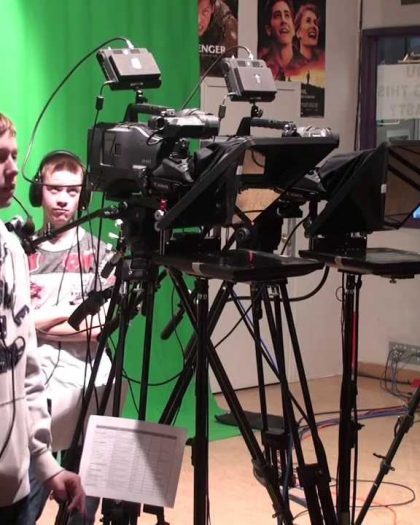
Multicamera Production (MCP) is an excellent investment for creating professional-quality videos, live streams, and event coverage. However, before committing to MCP, there are several factors you should understand to make the most of your investment. Here’s what you need to know:
1. Equipment Costs and Types
Investing in MCP involves purchasing or renting multiple cameras, switchers, cabling, and recording systems. The quality and type of equipment you choose will directly impact the production value.
Cameras: Choose cameras that match your production needs, such as 4K resolution for high-definition quality.
MCP Switcher: An MCP switcher is essential for seamless transitions between multiple angles. Look for user-friendly interfaces and advanced features like real-time effects.
Accessories: Include tripods, lighting, microphones, and cabling for a complete setup.
Pro Tip: Compare costs between renting and purchasing equipment based on how frequently you plan to use MCP.
2. Technical Knowledge and Crew Requirements
Operating an MCP setup requires technical expertise. You’ll need trained personnel to handle cameras, operate the switcher, and troubleshoot technical issues during live events.
Crew Roles: Camera operators, a director, and an audio-visual technician are key for a smooth MCP workflow.
Training: Ensure your team is familiar with MCP equipment and software. On-the-job training or hiring experienced professionals is recommended.
Pro Tip: If you lack a skilled crew, consider outsourcing to an MCP service provider.
3. Venue and Event Requirements
The venue or type of event you’re covering determines how your MCP setup is configured.
Space: Ensure the venue has enough room for multiple cameras and proper lighting setups.
Power Supply: Check for sufficient power outlets and backup options to prevent disruptions.
Camera Placement: Strategically position cameras to cover all critical angles, such as the stage, audience, and backstage.
Pro Tip: Conduct a venue survey before the event to avoid last-minute surprises.
4. Compatibility with Live Streaming Platforms
If you plan to stream your event live, ensure your MCP setup integrates seamlessly with popular platforms like YouTube, Zoom, or Facebook Live.
Encoder Requirements: A live feed encoder is essential to transmit multicam footage online.
Bandwidth: Check your internet speed and stability to prevent buffering or lag.
Platform Settings: Optimize resolution and frame rates for each platform’s specifications.
Pro Tip: Run a test live stream to identify and resolve potential issues in advance.
5. Post-Production Capabilities
MCP offers significant advantages for post-production, but managing and editing multiple video feeds can be resource-intensive.
Storage Needs: High-resolution multicam footage requires substantial storage space. Invest in reliable hard drives or cloud storage solutions.
Editing Software: Use professional editing software like Adobe Premiere Pro or DaVinci Resolve for multicam editing.
Timeline Management: Organize your footage with clear labels and markers to streamline editing.
Pro Tip: Allocate extra time for post-production if your project involves extensive editing or special effects.
6. Budget Planning
An MCP setup can be costly, so careful budgeting is crucial. Break down expenses into the following categories:
Equipment (cameras, switchers, lighting, etc.)
Crew wages or service provider fees
Software and storage solutions
Venue-related costs
Pro Tip: Consider ROI by evaluating how MCP will enhance your content quality and engagement, potentially leading to higher revenue.
7. Scalability and Upgradability
Invest in equipment and software that can grow with your needs. Start with essential components and upgrade over time.
Modular Systems: Choose systems that allow for easy integration of additional cameras or advanced switchers.
Future-Proof Technology: Opt for equipment with features like 4K or 8K support to stay ahead of industry trends.
Pro Tip: Work with a vendor that offers scalable solutions and ongoing support.
8. Content Repurposing Opportunities
MCP allows you to create versatile content that can be repurposed across multiple platforms.
Event Highlights: Create highlight reels for social media.
Marketing Materials: Use MCP footage for promotional videos.
Training and Documentation: Repurpose content for internal use or client presentations.
Pro Tip: Plan your shots with repurposing in mind to maximize the value of your MCP investment.
Conclusion: A Strategic Investment
Investing in MCP is a strategic decision that can elevate your content quality and boost audience engagement. By considering equipment, crew, venue, streaming compatibility, and scalability, you can make informed choices and maximize your ROI.
Whether you’re new to MCP or looking to enhance your existing setup, planning and preparation are key. Take the time to evaluate your needs and partner with experienced professionals for a successful MCP journey.
Ready to start your MCP journey? Contact us for tailored solutions and expert guidance!
Ready to find out more?
Drop us a line today for a free quote!
